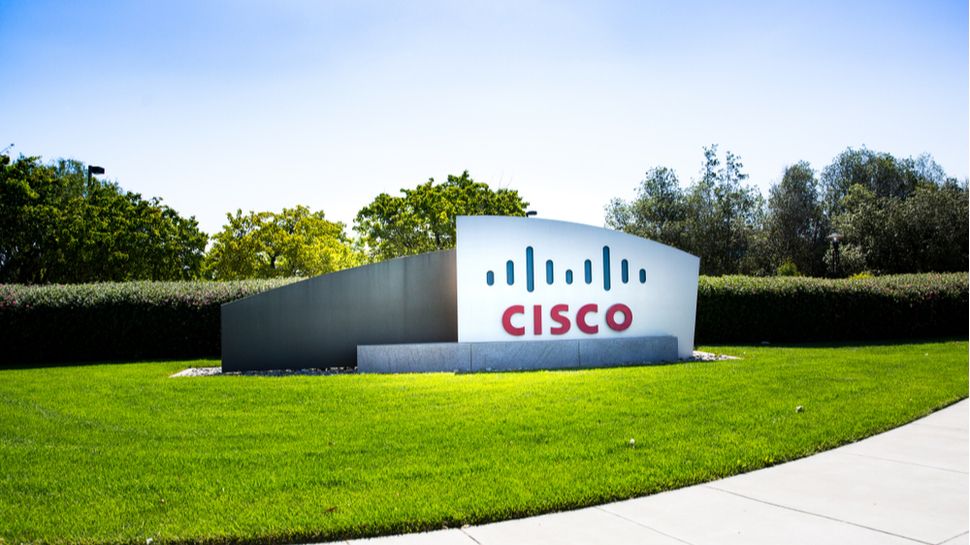While AI has improved our productivity and made our lives easier, its development has created a new kind of corporate monopoly with the potential to create significant societal and economic inequalities.
A few large, centralized companies control the AI landscape. Google has Gemini, OpenAI has ChatGPT, X has Grok and Anthropic has Claude. These entities control the vast majority of AI computing power, data and talent and have a large influence over the direction of the technology.
But there is one solution that is gaining increasing traction with investors and enthusiasts: decentralized AI. This would help bring the increasingly profit-focused technology of cryptography back to its original purpose: privacy.
Founder and CEO of Flock.io.
The Dangers of Concentrated Power in AI
It is clear that in any area of society, a small group should not hold so much arbitrary power. Throughout history the consequences of this have been profound, and we have seen such issues with AI.
The public has little to no context on how large AI companies collect, process and profit from their personal data. Both personal and corporate data is being collected in extreme quantities without any credit, verification or oversight from the owner of this data.
Centralized AI models can have political biases. A 2025 Stanford University study found that users overwhelmingly perceive that most LLMs have a left-leaning political slant.
Grok has been even accused by some of producing anti-semitic rhetoric and “white genocide" misinformation, while Gemini once portrayed Vikings and German WW2 soldiers as people of color.
A lesser known issue is scalability bottlenecks. As the volume and complexity of tasks continue to grow, the limited processing power within centralized systems acts as a constraint. These centralized servers also create a single point of failure, making systems fragile and vulnerable to network attacks and hacks.
More and more computational power is needed for AI, which in turn increases energy usage. By 2030 data centers are projected to account for 20% of global electricity use, at a time of energy scarcity.
The Rise of Decentralized AI
First discussed in the mid 2010s, decentralized AI has become increasingly popular in the last two years. One report projects the market size to grow from $550.70 million in 2024 to $4.33 billion by 2034.
Instead of data being collected and stored in a central location, the raw data stays on the local devices, with only the learned insights being shared elsewhere. These insights are stored on a blockchain, which acts as a secure, transparent and decentralized storage solution. Instead of a single entity controlling the data, control is distributed among multiple nodes or participants.
Operations are transparent and verifiable on chain, fostering open-source community-driven development and collaboration. People and entities can also be rewarded for providing their data.
This technology is expected to have monumental impact in a number of areas, including DeFi lending and credit scoring, fraud detection, healthcare, gaming, supply chain management and much more. And we are already seeing real-world use cases.
From Centralized Flaws to Decentralized Benefits
The benefits of decentralized AI are the exact opposite of the key limitations of centralized AI. The most important part is that people and entities have control over their data. They choose what information to share, rather than it being taken without consent.
Political biases are greatly mitigated. Instead of one entity facilitating its training, a decentralized network allows for a more diverse range of participants and data sources, leading to a border range of perspectives.
Computational requirements are greatly reduced. Workloads are distributed across a network of devices, leveraging their combined processing power. As more devices join the network, processing capacity increases, allowing it to handle larger and more complex tasks more efficiently.
By processing data on local devices and distributing the workload, it avoids the need for energy intensive data centers to handle every task. This can also lead to smarter energy management in other areas, such as using AI to optimize energy grids and manage renewable sources more effectively.
Security is also greatly improved. There is no single point of failure to be exploited, but rather an entire blockchain to preserve information. And much of the time, the personal data doesn’t leave the user’s device anyway.
The Path Forward
The current trajectory of AI, with its concentration of power in the hands of a few, presents significant risks to privacy, fairness, and sustainability. Decentralized AI, with its use of blockchain and federated learning offers a compelling alternative.
The idea of using cryptography to protect individual liberties and privacy to preserve an open society in the electronic age was first proposed by Eric Hughes in ‘A Cypherpunk's Manifesto’. Since then crypto has become largely about making money. Maybe decentralized AI is the core use case needed to bring it back to its roots.
This article was produced as part of TechRadarPro's Expert Insights channel where we feature the best and brightest minds in the technology industry today. The views expressed here are those of the author and are not necessarily those of TechRadarPro or Future plc. If you are interested in contributing find out more here: https://www.techradar.com/news/submit-your-story-to-techradar-pro





 English (US) ·
English (US) ·